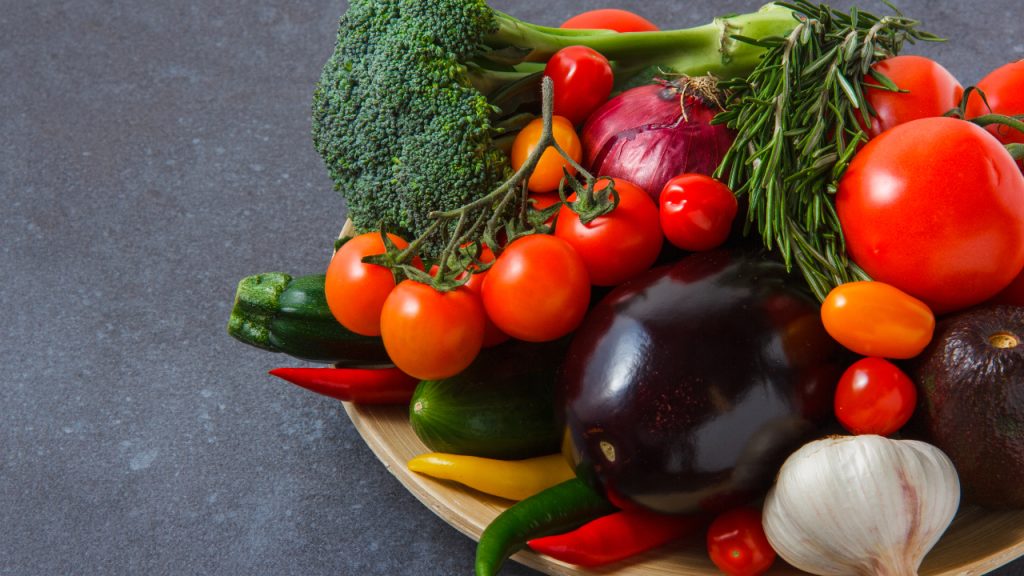Storing food the right way can make a huge difference in how long it stays fresh and safe to eat. I know I’ve been guilty of putting things in all the wrong places—like refrigerating something that really belongs on the counter or leaving food out that should be kept cold.
These little slip-ups can make food spoil faster, lose its flavor, or even make us sick. So, I’ve put together a list of some common foods we’re often storing wrong, and how to fix those habits to help keep your groceries fresh and lasting longer.
1. Tomatoes
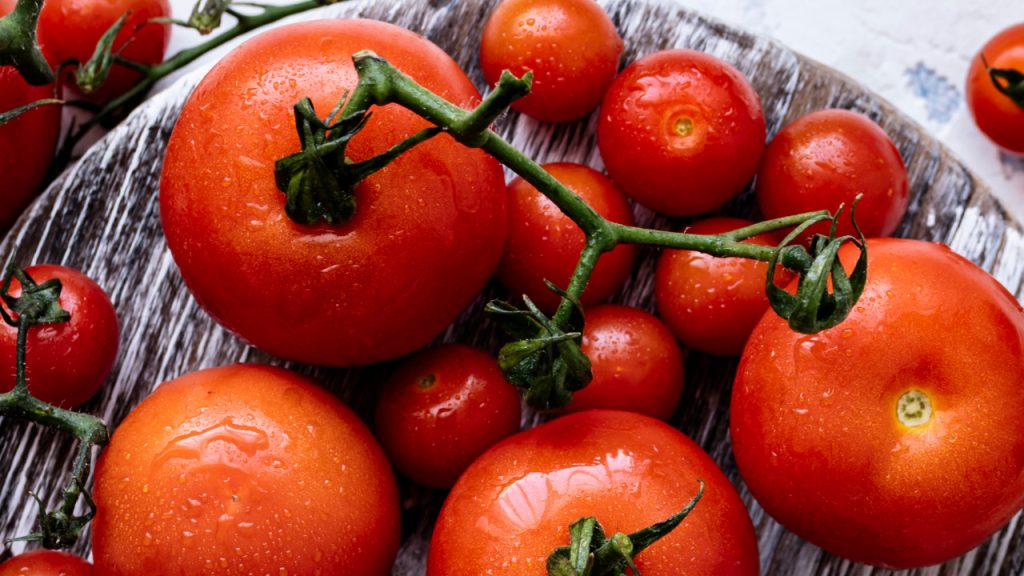
Tomatoes lose their flavor and texture when stored in the fridge. Cold temperatures break down their cell walls, making them mushy and tasteless. Instead, keep tomatoes on the counter at room temperature, away from direct sunlight, where they’ll ripen naturally and retain their juicy flavor.
2. Potatoes
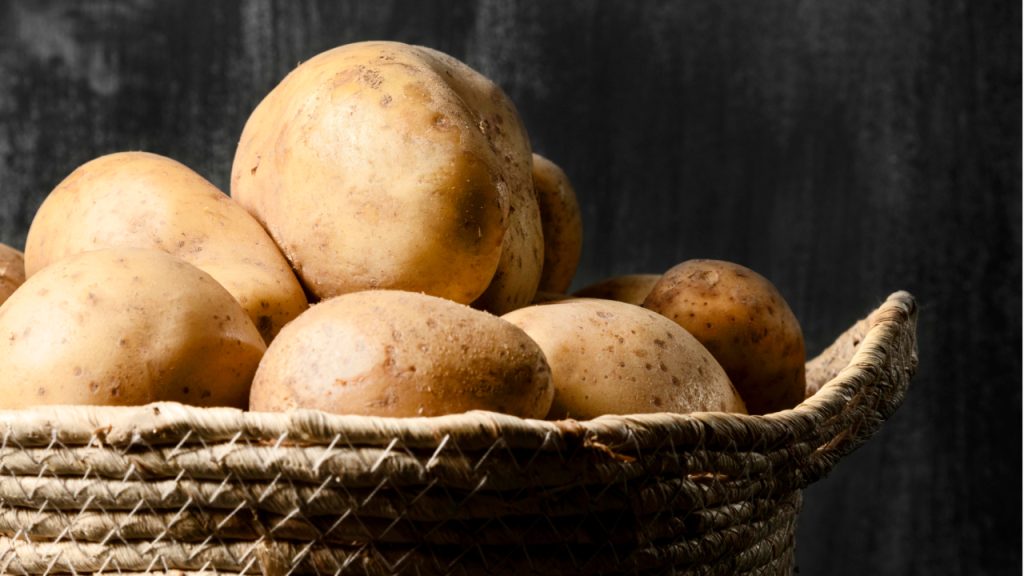
Refrigerating potatoes turns their starch into sugar, which can result in a strange taste and texture when cooked. The best way to store potatoes is in a cool, dark place, like a pantry. Keep them in a paper or mesh bag, as they need airflow to prevent moisture buildup and rotting.
3. Bread
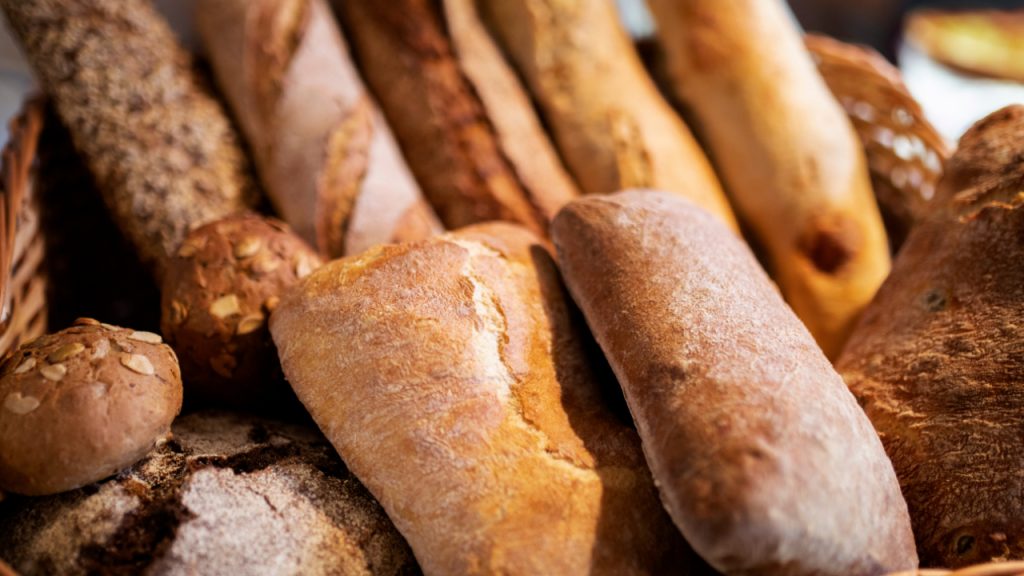
While many people keep bread in the fridge, this actually makes it go stale faster. Cold air dries out the bread, causing it to harden. Instead, store bread in a bread box or airtight container at room temperature. If you won’t finish it in a few days, freeze it for longer storage.
4. Garlic
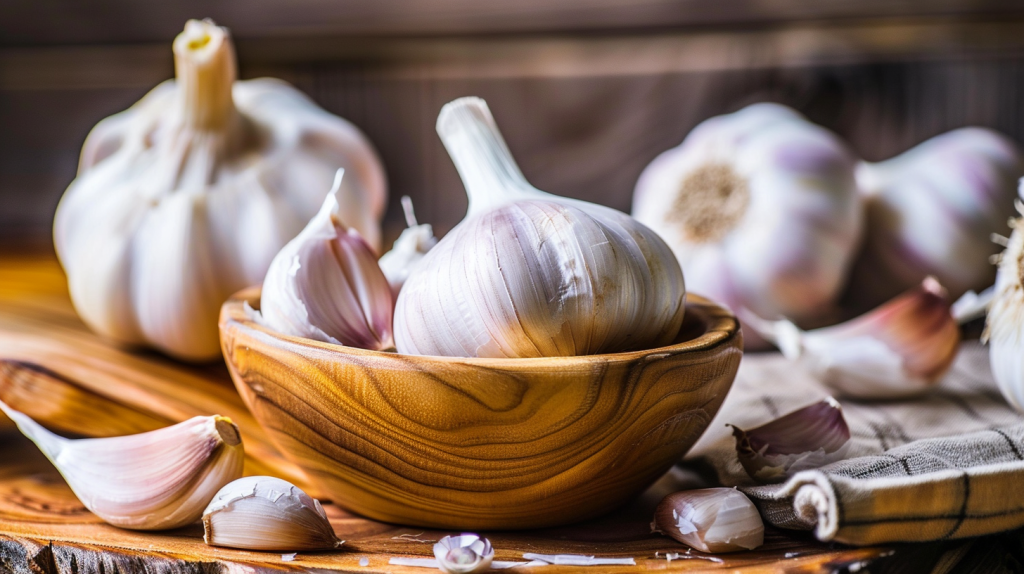
Garlic bulbs can go moldy or sprout prematurely if stored in the fridge. It’s best to keep garlic in a cool, dry place with plenty of airflow, such as a mesh bag in a pantry. Once the cloves are separated, they’ll last longer in a small, dry container.
5. Onions
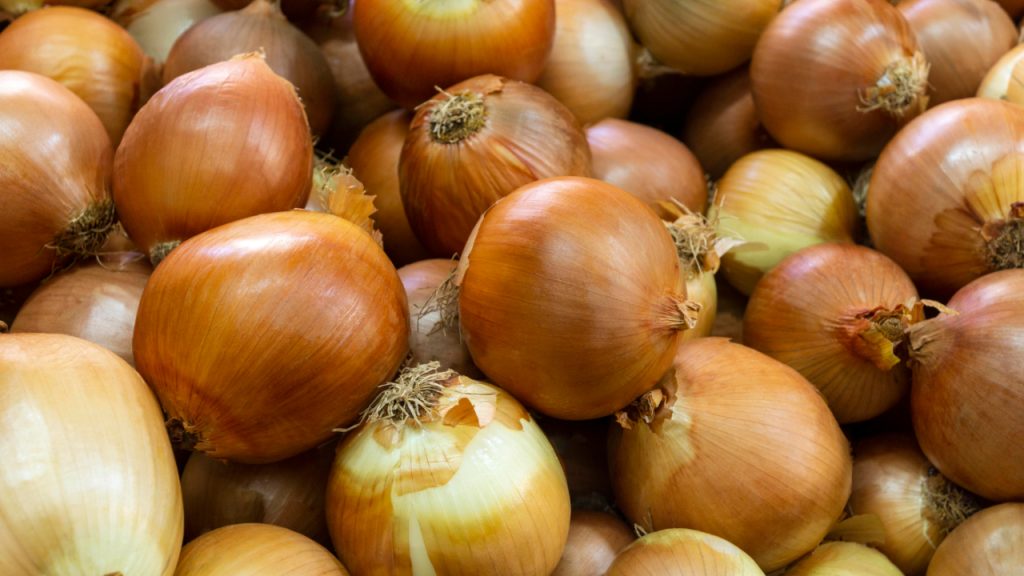
Onions need to be stored in a dry, ventilated space away from direct light. The fridge makes onions too moist, which can lead to mold or sprouting. Keep them in a cool, dark pantry or cupboard, but be sure to store them away from potatoes, as they can cause each other to spoil faster.
6. Avocados
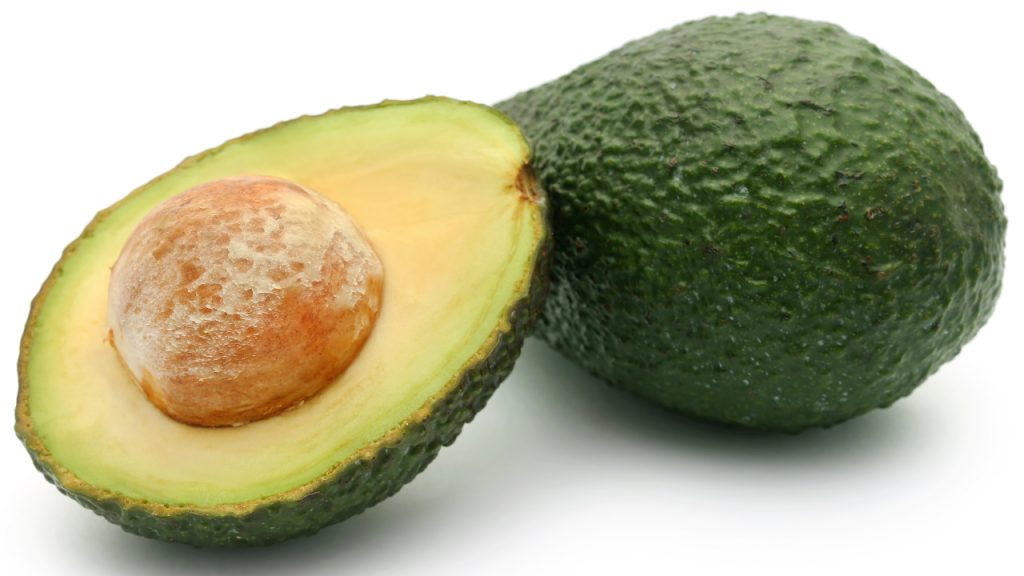
Unripe avocados should be stored at room temperature until they soften. If you put an unripe avocado in the fridge, it will take much longer to ripen. However, once ripe, you can store avocados in the fridge to slow down the ripening process and prevent them from spoiling too quickly.
7. Bananas

Bananas turn brown and mushy more quickly in the fridge due to the cold temperature slowing down the ripening process but damaging the peel. Keep bananas at room temperature and away from other fruits to avoid ethylene gas buildup, which speeds up ripening. If they’re getting too ripe, peel and freeze them for smoothies or baking.
8. Honey

Honey doesn’t need to be refrigerated. In fact, doing so can cause it to crystallize and harden. Honey is naturally long-lasting due to its low moisture content. Store it in a cool, dry place in a tightly sealed jar, and it will stay fresh for years.
9. Olive Oil

Refrigerating olive oil can make it cloudy and cause it to solidify. Instead, store olive oil in a cool, dark cupboard or pantry, tightly sealed to prevent oxidation. If it solidifies, warming it to room temperature will return it to its normal state, but it’s better to avoid that altogether.
10. Coffee

Coffee beans and grounds absorb moisture and odors in the fridge, which can ruin their flavor. Store coffee in an airtight container at room temperature, away from sunlight and heat. If you buy in bulk, freeze small portions in airtight bags and use them as needed.
11. Apples
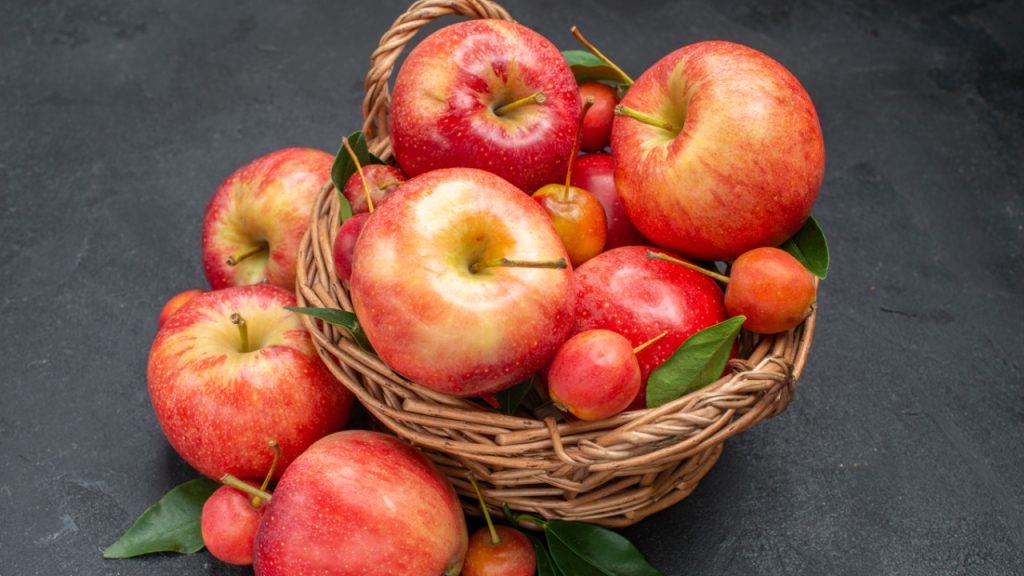
While apples do last longer in the fridge, storing them with other fruits can cause them to spoil faster. Apples give off ethylene gas, which speeds up ripening. Keep them in the crisper drawer, but away from vegetables like leafy greens or other fruits, unless you’re trying to ripen those faster.
12. Cucumbers
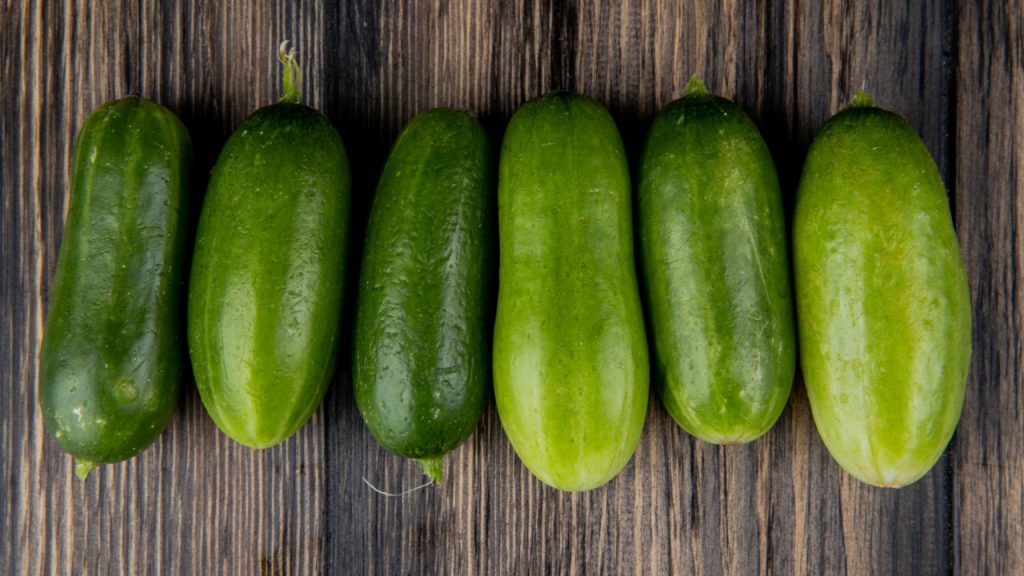
Cucumbers are sensitive to cold and can become waterlogged and pitted if kept in the fridge too long. Store cucumbers at room temperature, away from direct sunlight, for best freshness. If you must refrigerate them, use them within a few days to avoid spoilage.
13. Eggs
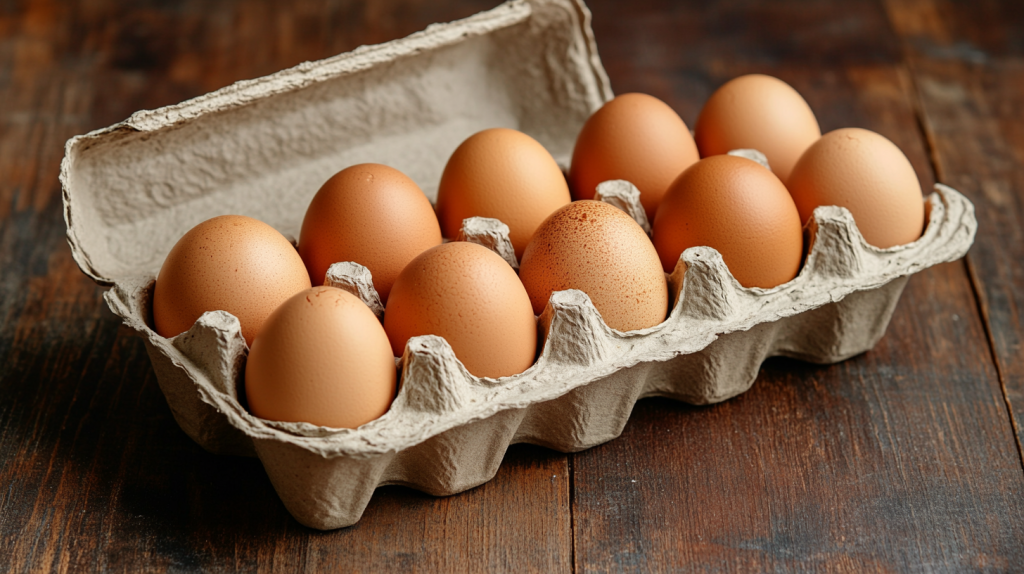
In some parts of the world, eggs are stored at room temperature because they’re not washed, which leaves a protective coating on the shell. In the U.S., however, eggs are washed and must be refrigerated to prevent bacteria like salmonella. Always store your eggs in the fridge if they’ve been washed.
14. Nuts
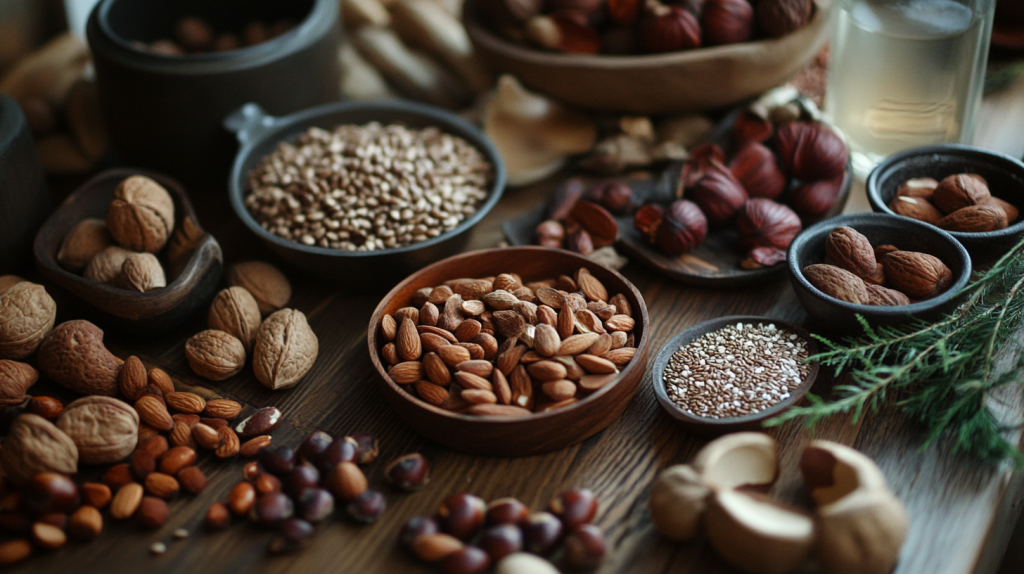
Storing nuts in the pantry is common, but this can cause them to turn rancid quickly due to their high oil content. For long-term storage, keep nuts in the fridge or freezer in airtight containers, especially in warmer climates, to prevent them from going stale or developing an off-flavor.
15. Leafy Greens
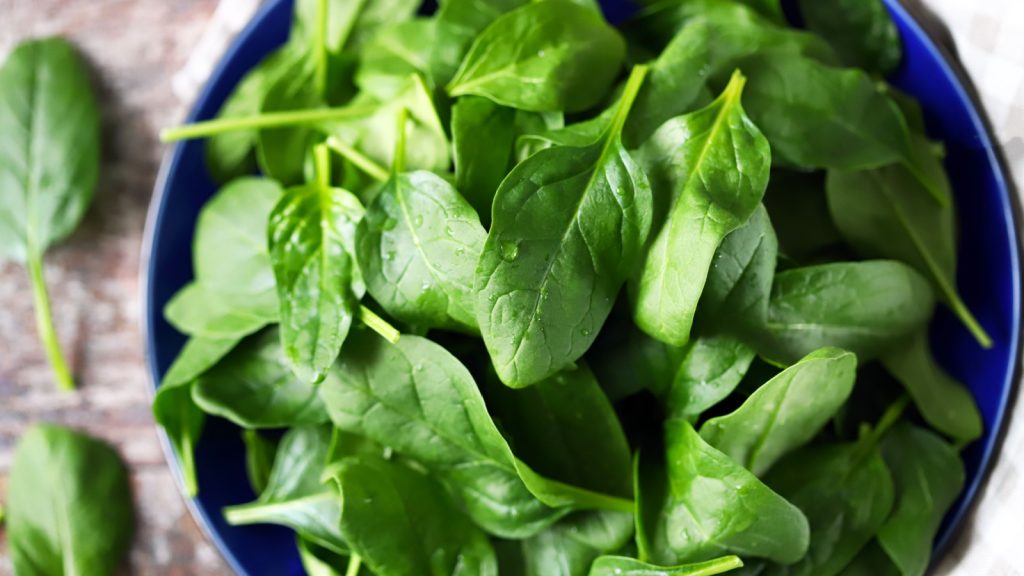
Leafy greens, like spinach and lettuce, wilt quickly if not stored properly. Instead of just tossing them into the fridge, wrap them in paper towels to absorb excess moisture, then place them in a breathable bag in the crisper drawer. This will keep them fresh and crisp longer.
16. Carrots

Carrots need a moist environment to stay crisp, but the fridge can sometimes dry them out. Store carrots in the fridge with the tops removed in a perforated plastic bag to allow some airflow while maintaining moisture. If they start to go limp, you can revive them by soaking them in cold water.
17. Peanut Butter
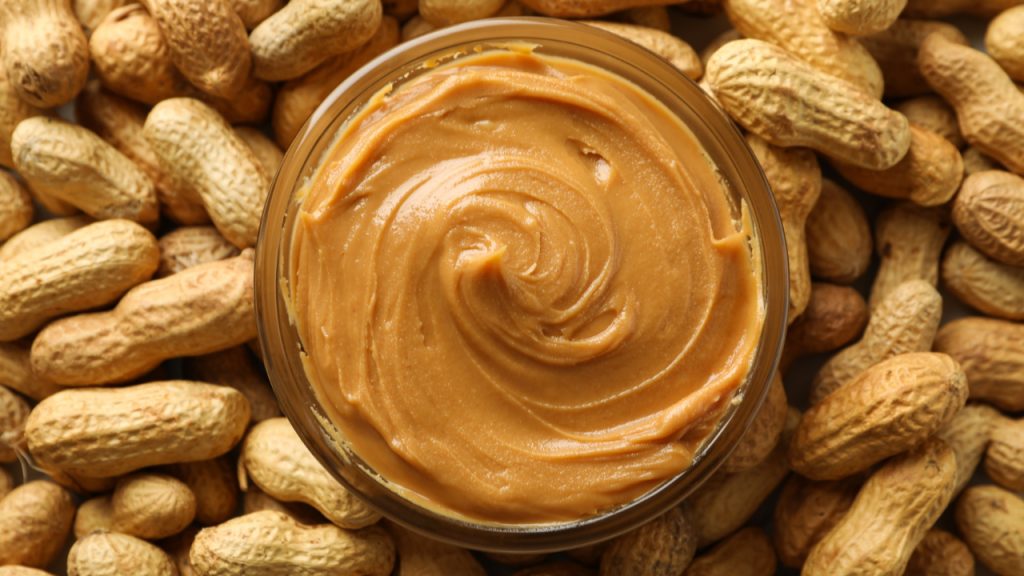
While it’s not necessary to refrigerate peanut butter, especially the processed kind, natural peanut butter can separate if kept in a warm pantry. To prevent the oil from rising to the top, store natural peanut butter in the fridge, but let it sit out for a bit before using to soften.
18. Cheese
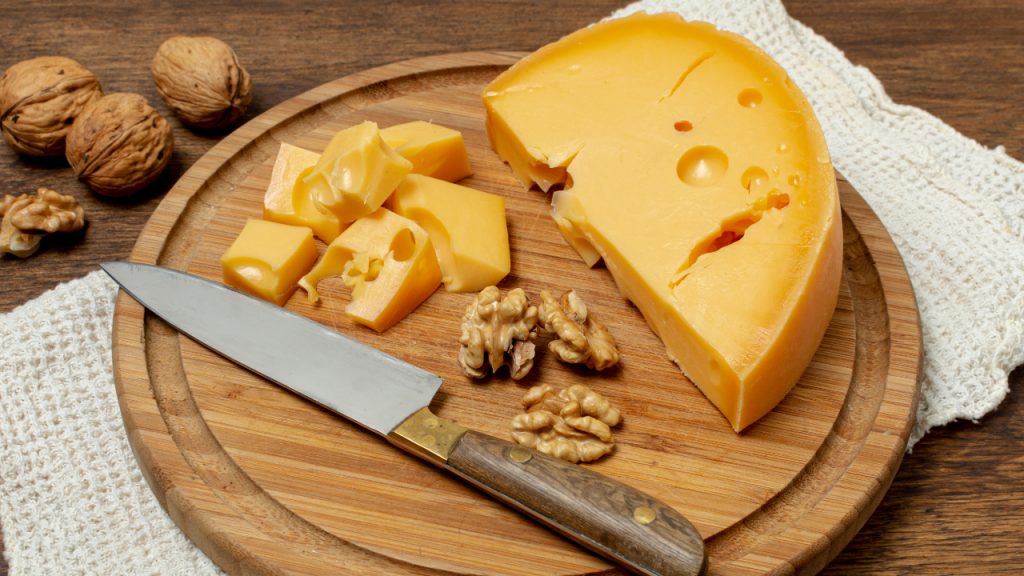
Cheese should be stored in the fridge, but it needs to be wrapped properly to avoid drying out. Avoid wrapping cheese in plastic wrap, as it traps moisture and can lead to mold growth. Instead, wrap cheese in wax paper or parchment paper, then place it in a loose plastic bag or container.
16 American Foods Brits Can’t Stand
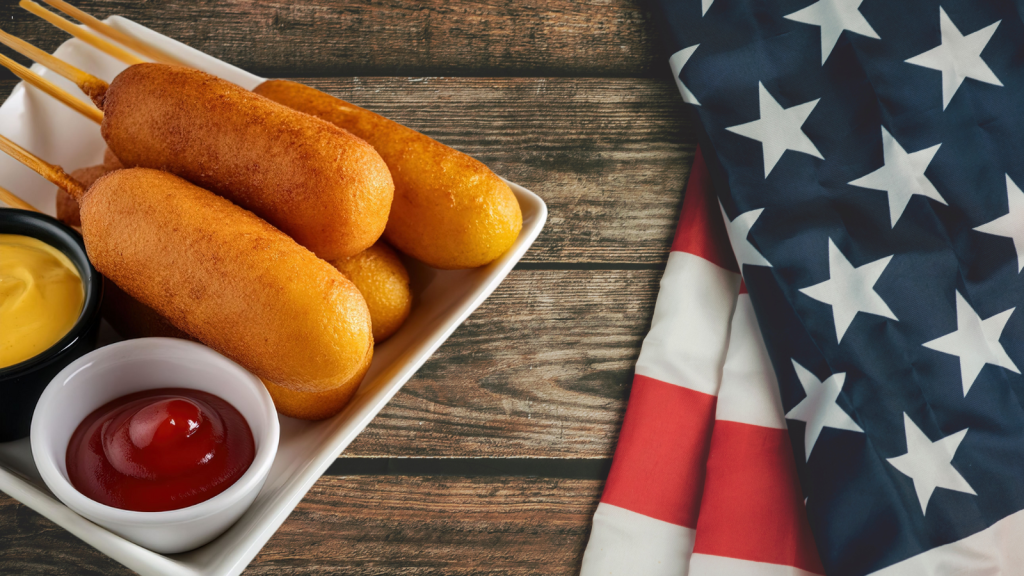
Food preferences can vary wildly across cultures, and what’s considered a delicacy in one country might be seen as downright bizarre in another. This cultural divide is particularly evident when comparing American and British cuisines. While the two nations share a common language, their tastes in food can be worlds apart. From overly sweet concoctions to processed cheese products, there are certain American foods that many Brits find hard to stomach.
Read More: 16 American Foods Brits Can’t Stand
Ellen has been obsessed with logic puzzles, jigsaws, and cryptograms since she was a kid. After learning she was taught how to play chess wrong by a family friend (so they could win), she joined her school chess club and the rest is history.
